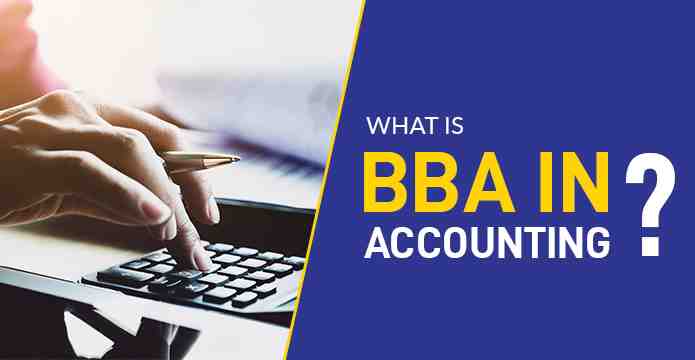What Is Accounting? – In the peak era of globalization and modern startups,the term “accounting” literally can be interpreted to capital orfinancial management. It’s the process of maintaining a record of one’s monetary expense, investment, profit, and loss. In a more standard reference, Accounting can be described as a pragmatic technique of evaluating and tallying financial deals or transactions that are entirely concerned with an enterprise or a business. So what are the methods of functionality in accounting? The method of accounting involves outlining, analyzing, summing up, reporting each monetary transaction to administrative departments, administrators, and tax collecting delegates. In a hindsight, accounting is important for maintaining the record of economic undertakings, the financial position of an organization, evaluating the financial investments while doing business, and so on.
Importance of accounting in a business-
Accounting is the backbone of any business establishments worldwide. Whether it’s a small firm or an international industry, a professional accountant is required to deal with financial matters. So, let’s just talk about the significance of accounting in a business.
#1. Maintain accurate information:
The smooth running of the business is determined based on administration, workflow, and revenue generation. If you invest in something, you will definitely expect a decent ROI for your venture. But how would you determine the tricky process of investments, profits, and calculations based on industry norms, taxes, etc.? Well, accounting is the answer. Accounting is an integral part of a business for keeping a record of investments, income, maintaining data records, management, and all that are associated with financial information that is crucial in proceeding ahead with the next business decisions.
#2. Analyze industry performance:
Accounting determines the financial records as well as the financial stability of your business by evaluating the performance of the business. In a more reasonable phrase, accounting enables you to understand the economic condition of your business. Also, it will maintain both old and newly updated reports and ensure inn retaining awareness of investments, gross data, gains, and debts, with which, you can compare your previous reports with the current data and accordingly dispense your budget.
#3. Legal Agreement:
When we speak of ensuring legal agreement for a business, you may find yourself in the middle of endless protocols and norms. Apparently, the law and principles contradict from one region to the other but strategic accounting procedures render assistance in regards to legal agreements skillfully. Effective accounting ensures a reasonable solution to penalties such as income tax, tax, pension funds, VAT, etc. Specifically, it helps in bargaining with tax liabilities.
#4. Clarity:
In finance, even the smallest number can impact a business in a greater scale. Financial records, therefore, should be simple enough to be understood by the people. Despite the amount earned by a business, the financial details should be drafted in a strategy, which can be effortlessly interpreted by the concerned person. The report of profit generated, tax, profit, interest, balance sheet, and the crucial reports should render a clear understanding amongst the shareholders and stakeholders. Effective accounting ensures this unavoidable and basic transparency in business.
Also Read: Career Prospects After BBA in Accounting
#5. Enhance smooth payment flows:
Effective and proper accounting procedure improves payment sequences. It’s obvious that most of the business needs to compensate for daily wages, taxes, profits to be reimbursed to the investors, money lenders, salaries, and more as such. This can not be done without proper finance management, estimation, or accurate calculation. If a business has a pending loan to reimburse, then it’s not only the amount borrowed but the payer should also have a perception of the interest that requires to be compensated.
#6. Planning:
A business requires proper planning, financial stability, and strategic execution of plans for its growth and expansion. Even if you have strategies, it’s the funds that matter to a great extent. If you wish to invest in something extraordinary, you need to pay heed to the financial resilience of your business. Accounting and finance assistance can help you with accurate planning for investments and as well with strategic decision making. Comprehensive analysis along with sound financial strategy aids in determining the best for your business.








